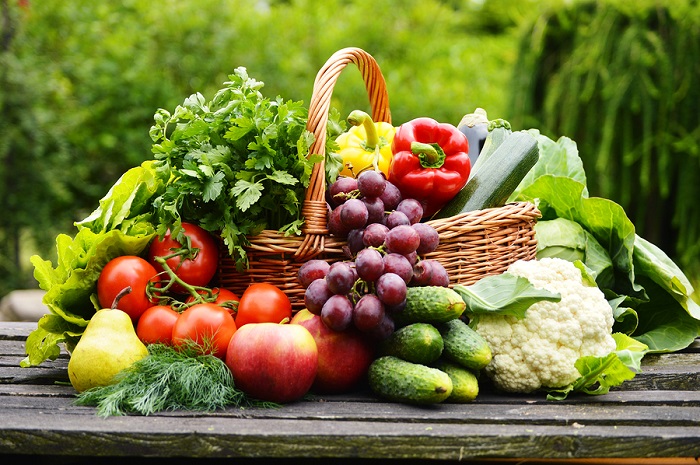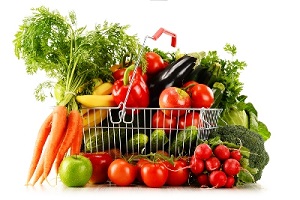You already know that organic food is better for you and your healthy lifestyle, but there can be some drawbacks to switching to an all-organic diet. Processed foods come with a number of disadvantages, but they are known to last longer than organic food as they are filled with shelf life extending preservatives and additives.
Of course, many want to get away from eating these unnatural chemicals and since organic foods do not have the preservatives found in most other foods, they tend to spoil much faster, meaning you can lose a lot of food and money if you don’t eat them right away.
Unfortunately, you can’t always eat the food you buy in a timely manner. Some nights you may eat out, other nights you might have leftovers, and so on, meaning that your organic foods aren’t always eaten within a few days of purchase.
If at all possible it is best to buy a little at a time so you can eat in a timely manner and not let it spoil, but of course we all have busy lives and this is simply not always possible. Some of us also may live too far away from organic food sources to be able to pop in and out of the market at will.
Fortunately, there are some ways to keep your organic food fresher longer. Check out these tips for preserving your organic fruits, veggies, meats, and grain products.
Try These Tips
- Set Your Refrigerator Between 38-40 Degrees Fahrenheit – Cold temperatures are the best way to preserve fresh foods, but you want to make sure they don’t freeze. Keeping your fridge at this temperature will ensure that your organic foods are kept as cold and fresh as they can be without freezing over.
- Be Mindful of Expiration Dates – On some foods, you can safely ignore these dates, but when it comes to organic food, you should always pay attention. Expiration dates will help you plan accordingly when planning your weekly meals. When you know exactly how many days you have until something spoils, you’re more likely to be on top of cooking and preparation. Always pay attention to expiration dates when out shopping for organic foods.
- Wipe Down Fruits and Veggies Before Storage – Always wash and wipe fruits and vegetables before storing to prevent moisture build up. Fruits and vegetables naturally give off a gas, ethylene, when they ripen. Over time, this gas causes them to become riper a riper until they eventually spoil. When you add moisture into the mix, things like mildew and mold can grow on the fruits and veggies, making them dangerous to eat. Avoid this by wiping down the foods, storing them apart, and avoiding use of plastic bags, which can promote condensation.
- There are Different Ways to Refrigerate Meats – Depending upon the type of meat and when you’ll be using it, how you store meat can vary. For fresh meats you intend to use within two days, refrigerate between 38 and 40 degrees. If you are going to freeze meat for a late date, be sure to wrap it in freezer paper, foil, or leave it in its original packaging. Some meats like smoked bacon and ham can simply be wrapped up in vinegar-soaked cloth. For meats you’ve already cooked, allow them to cool completely before placing them in the fridge to ensure freshness.
- When it Comes to Grains, You Have Some Options – Your dry whole grains, such as cereals, grains, and bread, must be stored in different ways depending upon their needs. For example, bread should be stored in a cool, dry place like a cupboard or a breadbox. You can also freeze bread you do not intend to use in the next few days. Always be watchful for mold and mildew if breads are stored in or near a moist place. For cereals, always close the inner bag of the cereal box to keep it fresh. Leaving it open to the air can cause it become to stale. Lastly, for things like cookies and cakes, keep these in an airtight container to keep them soft, moist, and flavorful.
Keep it fresh and eat clean, that is the organic way!




